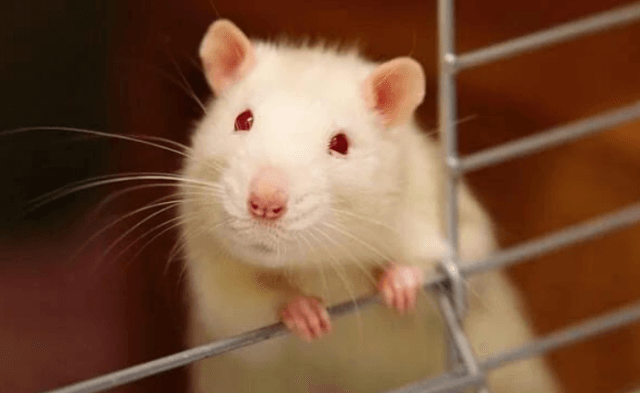Few bird species are as revered by humans as owls, who are seen as wise and calm and are admired for their swift, silent flight. Yet this respect is left at the door of a laboratory at Johns Hopkins University (JHU), whose experiments on barn owls—paid for by taxpayers—must be ended immediately.
These experiments—notable for their intricate depravity and utter lack of relevance to humans—presume that methodically scrambling the brains of owls somehow furthers the study of attention deficit hyperactivity disorder (ADHD) in humans. (Spoiler alert: It doesn’t, as not a single treatment has come from these experiments, despite their bloated price tag.)
JHU experimenters cut into owls’ skulls and insert electrodes into their brains. Then, they restrain the birds in an experimental rig in which they’re unable to move their wings, clamp their eyes open and record their brain activity while they’re forced to watch dots on a TV monitor—think A Clockwork Orange for barn owls. At the end of these tests, the owls are killed. The experimenters plan to torment up to 60 barn owls in their current set of experiments, including six earmarked as living practice dummies for inexperienced students.
Unlike humans, owls have auditory and visual attention systems that are highly specialized for nighttime hunting and for locating targets using sound. Bombarding them with artificial stimulation in a distressing and completely unnatural situation does nothing to further understanding of human attention or attention-deficit disorders. Superior, human-relevant methods that don’t involve animals include functional magnetic resonance imaging (fMRI) and other state-of-the-art brain-imaging technology.
Human clinical studies have already told us a lot about the way the human brain prioritizes and modulates attention. We know behavior therapy can be an effective form of treatment for children with ADHD and that eating healthy foods, being physically active, having a limited amount of screen time and getting a good night’s sleep can make it easier for kids to manage ADHD symptoms. None of this helpful information came from tormenting owls in absurd experiments—yet JHU has wasted more than $2.5 million in university funding and federal government grants on them.
Owls are highly sensitive and intelligent beings who live in cooperative social groups, have complex communication systems and can use tools. The envy of aircraft engineers everywhere, they fly without making a sound. Some mate for life. They have their own interest in living and their own individual needs, just like all animals. We must take a stand and defend them from senseless, painful, terrifying experimentation. It’s time to shut down JHU’s owl laboratory.
Keith Brown is a science writer in the Laboratory Investigations Department at People for the Ethical Treatment of Animals (PETA), 501 Front St., Norfolk, VA 23510; www.PETA.org.





